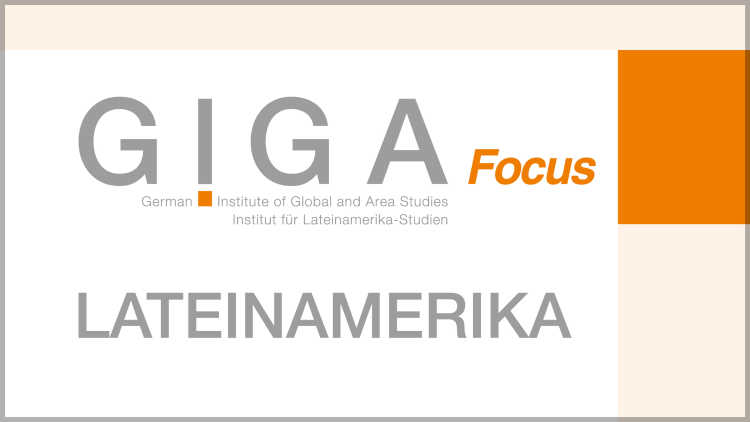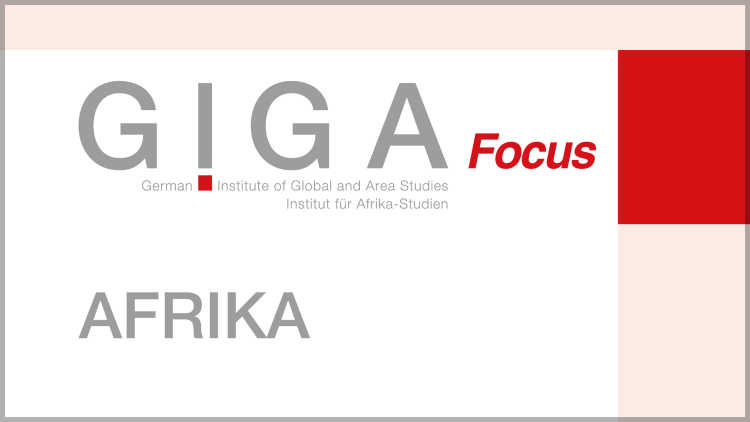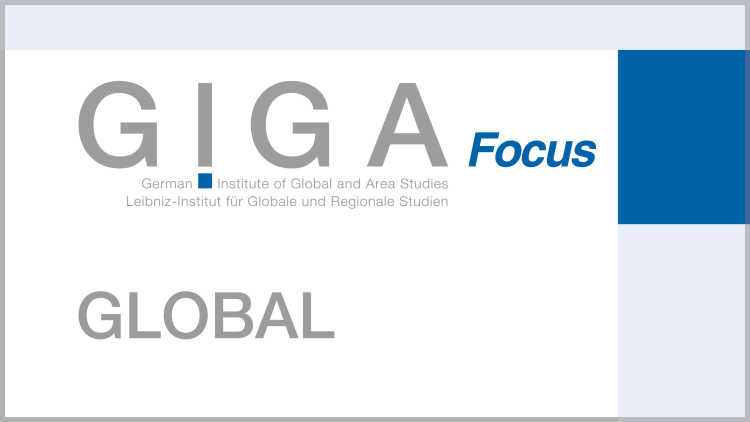- Home
- Publications
- GIGA Focus
- Geopolitik und sicherheitspolitisches Potenzial neuer regionaler Führungsmächte
GIGA Focus Global
Geopolitik und sicherheitspolitisches Potenzial neuer regionaler Führungsmächte
Number 8 | 2007 | ISSN: 1862-3581
Ob "Ankerstaaten", "pivotal states" oder "neue regionale Führungsmächte" – um die globalen sicherheitspolitischen Ziele des Westens zu verwirklichen, wird in zahlreichen Strategien zunehmend auf regionale Partner gesetzt.
Analyse: Samuel Huntingtons "Clash of Civilizations" und Thomas Barnetts Modell einer extern zu stabilisierenden Gruppe kaum integrierter Staaten, der "Non-Integrated Gap", prägen die derzeitige sicherheitspolitische Strategie der USA. Den USA gelingt es jedoch nicht, durch unilaterales Handeln Stabilität in Krisenregionen weltweit zu bringen, und selbst potenzielle Partner haben massive Probleme:
Die Fähigkeit neuer regionaler Führungsmächte, regionales Krisenmanagement und stabilisierende Sicherheitspolitik zu betreiben, ist eng begrenzt: Während Brasilien eigenständig für Stabilität in einer wenig konfliktgeladenen Region sorgen kann, trifft dies auf Südafrika, Indonesien und Indien nur bedingt zu. China stellt eher einen Problemverursacher als einen Problemlöser dar.
Ein grundlegendes Problem aller neuen regionalen Führungsmächte ist, dass von ihnen nur wenige Staaten der jeweiligen Region geführt werden wollen.
Schließlich verbinden die neuen regionalen Führungsmächte mit ihrer Rolle als regionale Stabilisatoren Machtansprüche, die sich im Streben nach stärkerem internationalen Gewicht, beispielsweise in den Vereinten Nationen, ausdrücken. Dem nachzugeben mag der Preis für eine neue Multipolarität sein.
Footnotes
Regional Institutes
Research Programmes
How to cite this article
Scholvin, Sören, and Hanspeter Mattes (2007), Geopolitik und sicherheitspolitisches Potenzial neuer regionaler Führungsmächte, GIGA Focus Global, 8, Hamburg: German Institute for Global and Area Studies (GIGA), http://nbn-resolving.de/urn:nbn:de:0168-ssoar-276651
Imprint
The GIGA Focus is an Open Access publication and can be read on the Internet and downloaded free of charge at www.giga-hamburg.de/en/publications/giga-focus. According to the conditions of the Creative-Commons license Attribution-No Derivative Works 3.0, this publication may be freely duplicated, circulated, and made accessible to the public. The particular conditions include the correct indication of the initial publication as GIGA Focus and no changes in or abbreviation of texts.
The German Institute for Global and Area Studies (GIGA) – Leibniz-Institut für Globale und Regionale Studien in Hamburg publishes the Focus series on Africa, Asia, Latin America, the Middle East and global issues. The GIGA Focus is edited and published by the GIGA. The views and opinions expressed are solely those of the authors and do not necessarily reflect those of the institute. Authors alone are responsible for the content of their articles. GIGA and the authors cannot be held liable for any errors and omissions, or for any consequences arising from the use of the information provided.






